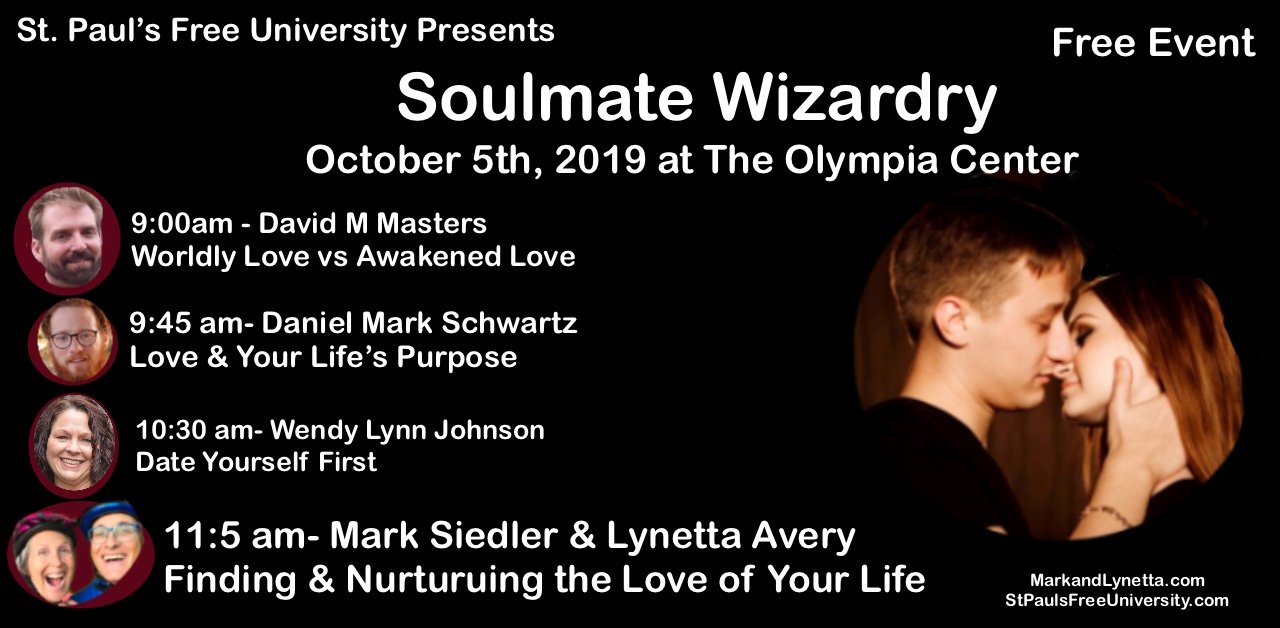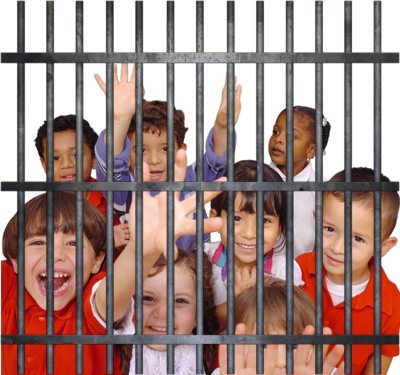You may have a client or a friend who is engaging in activities that are similar to those that they experienced in childhood that were traumatizing, thereby continuing the cycle of abuse and, in a sense, paying homage to the person or persons who victimized them in their youth. If you have been one of the lucky ones who have not been a victim of such childhood abuse, you may never understand. The question remains,
Why Do Victims of Trauma Find Solace in Similar Activities?
For adult victims of childhood trauma, engaging in activities or placing themselves in situations reminiscent of the traumatic experiences of their past is an effective coping mechanism. The psychological, emotional, and neurological factors behind such actions are highly complex and extremely individualized. These individuals share their ability to adapt to their environment, a successful survival instinct, and the potential to avail themselves to engage in activities that are potentially unhealthy in the long term.
If the victim was robbed of his or her personal power as a child in the traumatic event, note this is a definitive distinction of trauma in general, then restaging the event in adulthood can empower the victim, thereby offering him or her a sense of relief from the traumatic experience of the past.
They can affirmatively experience being in control of the present situation when they have had no control in the recollection of their memories of the past. Reenacting the scene(s) of the crime is conducted in an effort to rewrite the past, rebuild confidence, and, in a sense master the circumstances surrounding the trauma.
Desensitization is another way to cope with one’s traumatic past. Normalizing the activity and partaking in it regularly dulls the senses and makes it not as painful as it was in the past. This type of cognitive rationalization can be thought of as just a fact of everyday life that everyone could or should get accustomed to, thereby reducing or eliminating the pain associated with the traumatic experience.
The victim may be in search of understanding regarding the former traumatic event(s), and revisiting the trauma avails them more data regarding the predator and their own victimization. As further information is gathered and research is conducted by engaging in similar activities as an adult, the inner child believes it can make sense of what happened in the past and find a way to integrate this understanding into present-day life. It might be believed that this understanding could lead to reducing the potential for furthering this type of abuse for others in some way.
When you are haunted by memories of abuses or injustices of the past, they can show up in adulthood in the strangest ways and at the most inopportune times. Managing these emotions by creating similar circumstances to expose and deal with the trauma of the victim’s own volition, in their own way, on their own terms, places them “in control” of emotional trauma when previously there was likely little or no control, never knowing when the compressed emotions might explode into life-threatening exposure next.
With all this effort, relief is experienced by the victim in the revisiting of the traumatic events or circumstances, but the relief is not lasting. This fleeting sense of relief causes the victim to seek relief again by seeking opportunities to revisit the trauma yet again.
When victims come to the realization that even with all their efforts to reconcile their traumatic pasts are in vain and may cause more harm to themselves and others in the long run, that is when they seek out me or one of my contemporaries.




